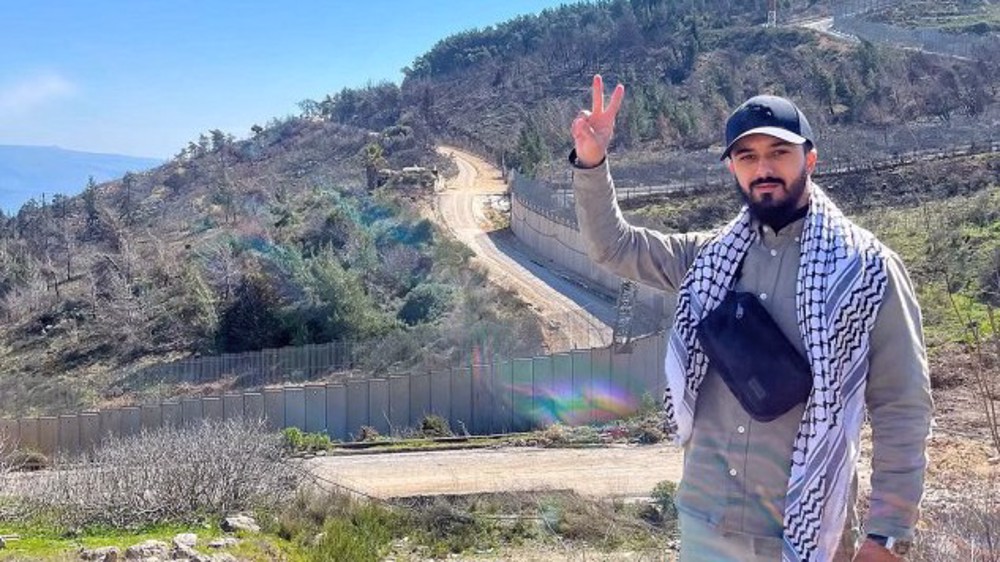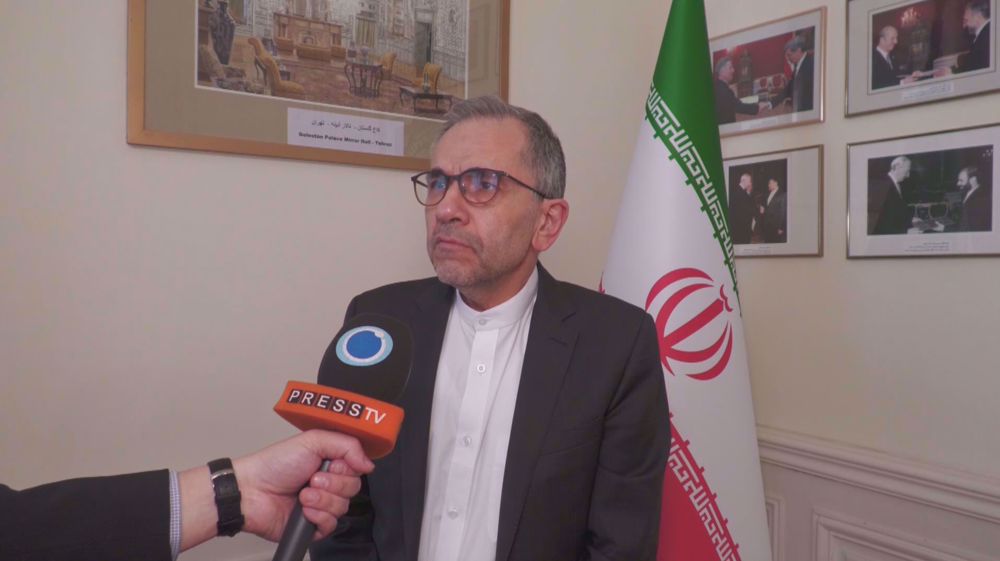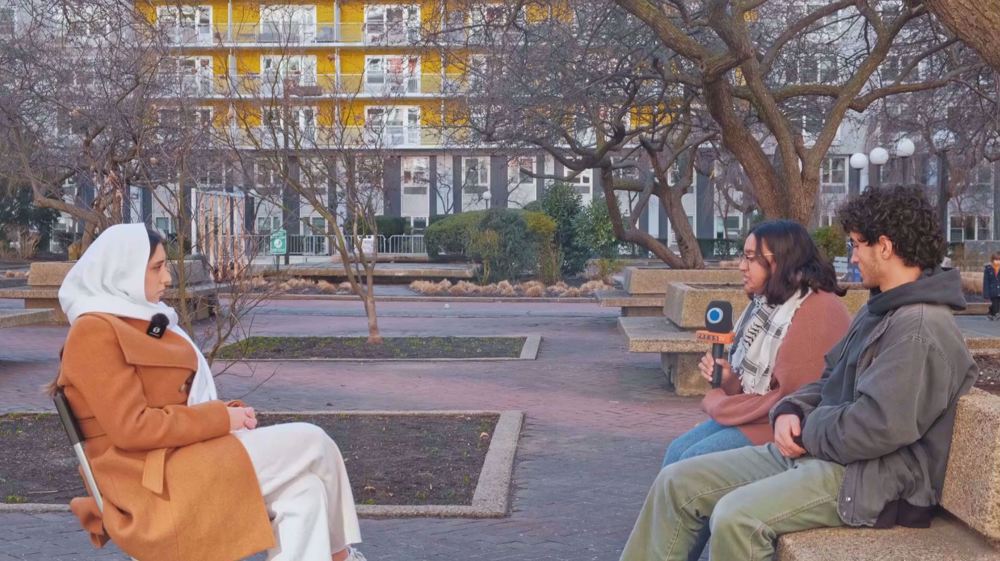'Kurdish referendum US plot to incite Iran, Turkey Kurds'
Iraq's semi-autonomous Kurdistan Region finally held its long-promised independence referendum. The central government in Baghdad has insisted all along that the vote runs counter to the constitution and can bring about instability in the country at a time when Daesh is on its last legs and final victory against the terror group is near. Likewise, the international community has almost unanimously warned Kurdish leaders against the destabilizing effects of the referendum. We have asked Nabil Mikhail, a lecturer at George Washington University, and Sa'ad al-Muttalibi, with Iraq's State of Law Coalition, to tell us what this referendum means for the future of the region and whether it would give Kurdish President Masoud Barzani a mandate for independence.
Nabil Mikhail cited the divisions that already exist inside the Kurdistan Region and concluded that the referendum is far from being a mandate for independence.
At best, it can act as leverage for Kurdish officials to solicit more concessions from the central government, he added.
Mikhail explained that there is no unanimity or consensus inside the Kurdistan area about the scope and method of their independence, adding there are divisions along ideological lines and rejections by all powers around Kurdistan. “This situation can hardly establish a mandate."
The analyst also predicted that after holding the referendum, Kurdish authorities will try to persuade major powers, such as the US and Russia, to recognize the results so that they will be able to use it as a winning card in probable negotiations with Baghdad, Tehran, Damascus and Ankara.
"So, it depends on what will transpire in Kurdistan. They are short on many things including recognition. So, they will communicate with different parties, including Moscow and Washington,” Mikhail observed. “The referendum is the beginning of the course of their political independence, not the realization or the end of it."

Meanwhile, the other panelist Sa'ad al-Muttalibi lambasted Barzani’s reckless decision to hold the referendum at this juncture, stressing that the vote can severely affect Iraq's war on terror and imperil the lives of millions of Kurds.
Everything depends on the regional governments, Muttalibi said, adding that if Iran and Turkey cooperate with the Iraqi government in blocking the process, then it is possible to save the Kurdish people. “Otherwise, this lunatic course will continue and definitely the Kurdish people would be the first to suffer and the cause of the Kurdish people will be buried for another hundred years.”
Muttalibi also underlined that Kurdistan's referendum is a plot by the US and Israeli intelligence services to provoke Kurdish populations inside Iran and Turkey and push them towards separation.
"It is very clear that the whole exercise has nothing to do with Iraq. But, it is to implement the American agenda, the Israeli agenda into creating discomfort and project division into Iran and Turkey," he warned.

Shahin Hazamy arrested primarily for his viral pro-Palestine social media posts: Filmmaker

Press TV interviews Iran deputy FM on nuclear program, sanctions relief

The price we paid for freedom
IAEA director speaks with Araghchi about Iran-IAEA cooperation
US airstrike on Yemeni capital kills 8 people
VIDEO | Iran multilayered diplomacy
VIDEO | Press TV's news headlines
Iran more than halved its power grid losses to 10% in 16 years: Expert
Abbas names likely successor in move deemed ‘illegitimate, divisive’
Illegal Israeli settlers attack Palestinian school in occupied West Bank
VIDEO | Israeli forces tighten siege on Jenin refugee camp






 This makes it easy to access the Press TV website
This makes it easy to access the Press TV website